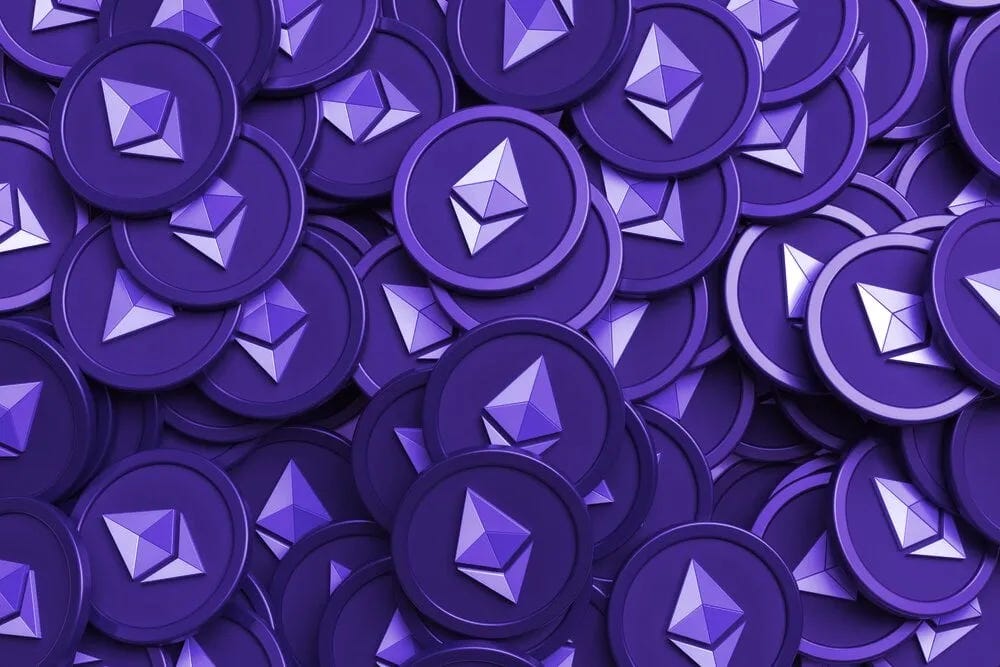Ethereum Gas Fees Are Slowly Climbing as NFT Market Rebounds
The breakout success of the Blur marketplace and a new Yuga Labs title are likely moving the needle.
Ethereum’s fee market is slowly returning to form amid a recent resurgence in NFT trading activity across the network.
According to on-chain analytics firm Glassnode, the median price for gas powering Ethereum transactions cost roughly 10 to 20 gwei over the past 9 months. This month, that cost had risen to 38 gwei—higher than during key bear market events including FTX’s collapse in November (36 gwei) and Binance’s “bank run” in December (24 gwei).
“The incremental nature of the gas demand suggests an early resurgence of network activity may be underway,” wrote Glassnode in its weekly newsletter on Monday.
Gas prices fluctuate with network demand, meaning costs rise as more users seek to include their transactions in the next Ethereum block. In this case, rising activity in Ethereum’s NFT market appears to be a primary source of the newfound demand for gas.
Specifically, gas used by Ethereum NFT transactions has risen by 97% for two months straight, approaching levels last seen during the “NFT boom” from mid-2021 to mid-2022. Much of that rising activity is thanks to Blur, an NFT marketplace launched in October that’s now overtaken OpenSea in terms of trading volume.
“The recent attention surrounding Blur has led to a surge in demand for block space, resulting in increased fees for validators, and more ETH being burnt via EIP1559,” explained Glassnode.
Other drivers of NFT activity include all-new projects launched by the industry’s biggest names, including Yuga Labs’ Dookey Dash game and the announcement of Doodles 2 last month.
Nevertheless, Ethereum network adoption rate remains low. The number of new addresses being generated is still 40% below what it was 12 months ago. This suggests that the recent revival in NFT activity has been spurred among existing NFT users, rather than new ones.
Not all corners of the Ethereum ecosystem are seeing rising revenues. In an interview with Decrypt on Friday, Doodle CEO Julian Holguin said that the competition between OpenSea and Blur is constricting cash available to many NFT projects that relied on secondary royalties for revenue.

